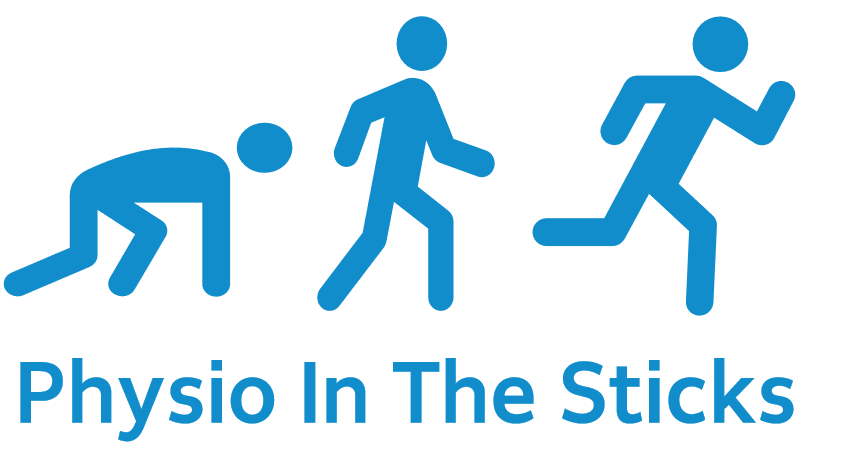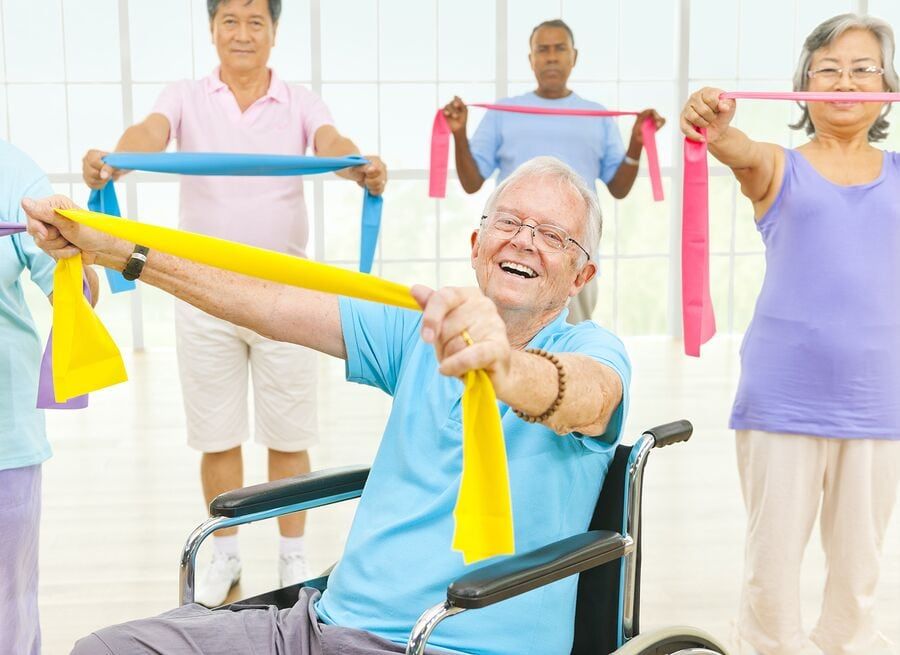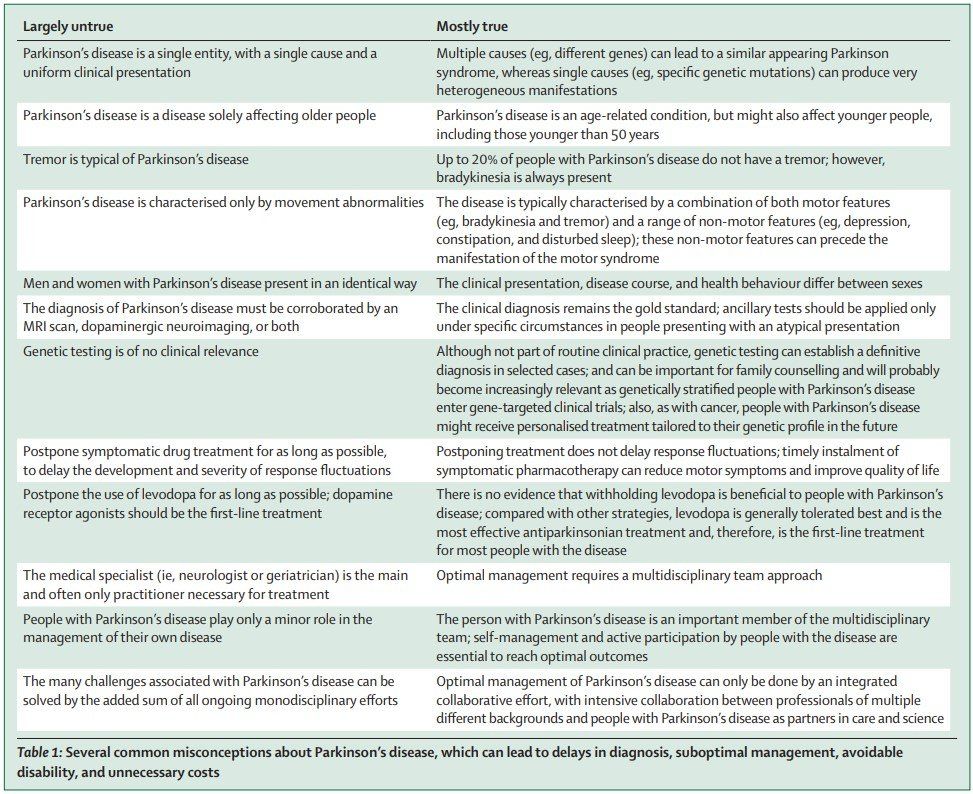Amanda is a member of the Association of Chartered Physiotherapists in Neurology (ACPIN) and has many years experience of working with people living with neurological conditions such as Parkinson's disease, Alzheimer's, dementia, stroke, Multiple Sclerosis and Huntington's disease. Helping people to continue to do the things they enjoy the most is a key part of any physiotherapy programme. Physio In The Sticks provide home visits which are great for helping improve mobility and independence.
"A huge thank you for all your help and support shown to my husband over the past year as he fought against Parkinson's disease" A.W.
Stroke
Physiotherapy focuses on preventing complications and helping your recovery. It can help you find ways to enable you to do things that are important to you, such as getting in and out of bed, walking or doing sports. You might use equipment, or find different movements patterns to complete a task. A physiotherapist can also help you adapt an activity or task so you can do it independently.
Good care in the early days is important to help prevent joint stiffness or muscle tightness. A therapist will advise on how to get comfortable and to move around if your mobility is limited. For example how to roll over or to get in and out of bed. They can advise on when and how you can get up and about and what equipment might help you.
The more therapy you have and the more active you are after a stroke, the better. Guidelines recommend that you should receive at least 45 minutes of each type of therapy you need per day for as long as you need it. For many people this is a gradual process, and it is important to get each step right so that you are safe and regain your confidence. It is important to get out of bed as soon as possible, even if this is just to sit in a chair. If you cannot stand unaided, the physiotherapist may help you get onto your feet. This will give you a chance to support your own weight and encourage the muscles of your shoulders, arms, hands, trunk, hips and legs to work.
During physiotherapy you may do exercises to strengthen weak muscles and build up your stamina. You may also work on specific skills that you need to improve such as using your hands for eating meals, getting dressed or holding onto a walking aid. There are many ways to exercise and practise at home, in the gym and in the pool. You may work on a one-to-one basis with a physiotherapist, particularly on the tasks and the movements you are learning to do and you will have activities to practise on your own outside of therapy sessions. Video with permission.
Advice from Parkinson's UK
Don't wait to see a physio -Ideally you should see a physiotherapist as soon as you can after your Parkinson’s diagnosis.
Physiotherapists who specialise in Parkinson’s are experts in looking at subtle changes in the way you move, even if you’re not aware of any changes. They can look at what might be causing these changes and give you advice about how to deal with issues before they become more difficult to manage.
Get help for movement and fitness -Your physiotherapist can support you with ways to keep physically active and help build or maintain your fitness levels. They can also help you with strategies to keep you motivated. A physiotherapist can help you manage changes in how you move due to muscle strength and control, balance, posture, or general fitness levels. If you experience pain that limits your confidence to move, a physiotherapist can also work with you to reduce or manage the symptoms.
Sometimes, they will refer you to an exercise professional or to a class to build specific areas of strength, endurance and balance. They may also suggest you see an occupational therapist to look at mobility aids and adaptations to keep you moving independently.
If you’ve had a fall, a physiotherapist can advise you on how to rebuild your strength and movement.
Changes to the way you move As your Parkinson’s symptoms change, you may not always be aware of how they affect the way you move.
If you’re concerned, it can be helpful to ask your family or friends. Do they notice you leaning to one side more than the other as you walk, for example? Do you walk more slowly than you used to, with smaller steps, so you can’t always keep pace with other people? Or do you have more trouble turning in bed at night?
Your physiotherapist can help you and your family to recognise when changes are affecting your movement, whether you’re on your feet, or sitting or lying down, and work with you to improve these motor symptoms.
Technology -There are a variety of apps available which can help you monitor your activity levels. Many apps focus on areas that can monitor and improve your general wellness, such as mood, sleep or relaxation. Physical activity can help with this.
If you experience freezing (when you suddenly aren’t able to move forward for several seconds or minutes because your feet feel like they are glued to the ground), physiotherapists often recommend a metronome or music to restart your walking. You can download and listen to a metronome app on your smartphone.
Movement -Depending on your symptoms, how well you move may change over time. This can make it harder to stay active, so it’s important to put effort into exercising and learning ways to move as your symptoms change.
It takes effort to maintain your fitness over time, so regular practice is really important to keep you as active and as mobile as possible, for as long as possible.
You may find your motivation also changes over time, so think about ways to keep going - exercising with a friend, dancing around to music at home, or trying a new activity can all help keep you motivated.
Taking your medication at the correct times can help to manage your symptoms more effectively. If you think your medication is affecting your movement, especially if you’re experiencing wearing off, speak to your physiotherapist, specialist or Parkinson’s nurse. Wearing off happens when the Parkinson's medication you've been taking is no longer working as effectively as it used to.
There are many ways that we can help you manage the challenges and ongoing symptoms of Parkinson's. Adopting a sedentary lifestyle can speed up the development and symptoms of Parkinson's and lead to mood changes, loss of fitness, social isolation, reduction in daily activity and participation. Learning how to move your body more to avoid deconditioning should be an integral part of treatment from diagnosis. Specific exercises have been shown to help re-wire the brain, creating new neural pathways. Finding an exercise that you enjoy is key! If you are just getting started with exercise, contact us for more advice and help planning the right exercise programme tailored to you.
Exercise has been used to treat Parkinson's for many decades, in recent years exercise programmes have been researched further and finely tuned to improve strength, balance, speech, function, heart and lung fitness, cognitive function and reduce falls risk.
In the mild stage of idiopathic Parkinson's exercising to the level where you feel you are working hard is essential to maintain long-term control of symptoms. Vigorous exercise that works the whole body and gets you hot and sweaty such as cycling, gym, running, circuit training, bootcamp and high energy Parkinson's programmes are ideal - building up to two and a half hours of exercise a week.
If your symptoms are progressing you need to focus on an exercise that requires effort and pushes you, this could be a fast paced 20 minute walk using nordic walking poles to keep your muscles and heart and lungs fit. Add in tai chi, pilates, yoga or a Parkinson's exercise class to help improve your balance, flexibility, strength and movement. Regular exercise can also help with sleep, tiredness, your mood and mental health. Focussing on the rewards of exercise such as keeping your body fit will motivate you to continue doing the things that matter to you. Exercises that work the body and mind at the same time are really good to manage Parkinson’s. Learning another language, answering quiz questions or mental arithmetic whilst doing your exercises are all great ways of doing this.
If you have more complex symptoms your exercise should focus on everyday activities and movements that you may find difficult such as getting up from a chair. You can still do an effective exercise programme sitting down. The right exercise programme will strengthen your muscles, increase mobility in your joints and maintain your general health and fitness. It's never too late to start exercising or push yourself to do a little bit more.





